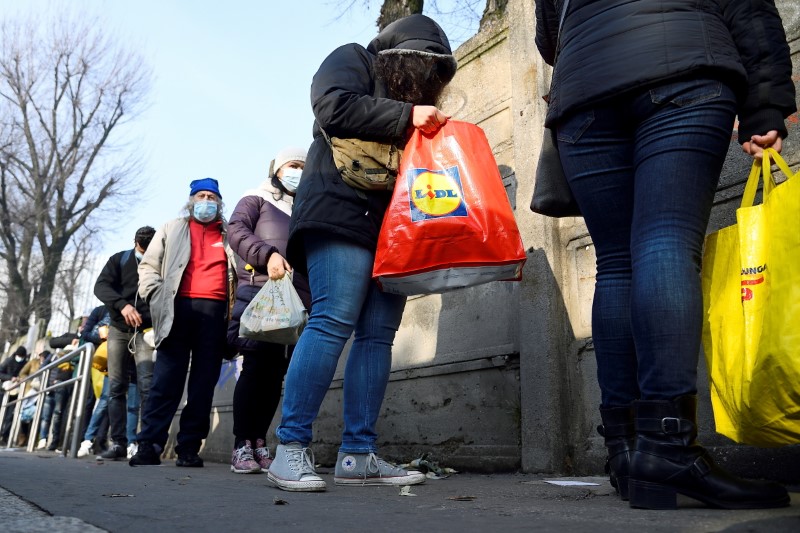By Andreas Charalambous and Omiros Pissarides
Economic inequality has always attracted attention because of its significant economic and political implications.
The most widely accepted method to measure economic inequality is the ‘Gini’ coefficient. On the basis of this coefficient, it appears that global income inequality has declined significantly in recent decades. The decrease is due, in large part, to the socioeconomic progress of the most populous countries in the world (China and India) but also in other developing countries. Rapid growth has narrowed the gap with developed economies, creating improved living conditions for millions of people. More specifically, from 1990 to 2018, the number of people living in conditions of extreme poverty was reduced from 1.9 billion to 650 million.
Exceptions to this trend are noted in some of the developed countries, where inequality appears to be widening. In the US, in particular, economic inequality has reached its highest level since the Great Depression of 1929. Between 1970 and 2019, the top 1 per cent of the population increased its share of national income from 10 to 20 per cent, while, during the same period, the lowest 50 per cent has reduced its share from 22 to 15 per cent. Considering the distribution of wealth instead of income reveals an even more pronounced degree of inequality: 70 per cent of the country’s total wealth belongs to 10 per cent of the population, while the lowest 50 per cent of Americans own only 1.5 per cent of the national assets.
The pandemic has further widened economic inequality. Referring to the US, the Bureau of Labour Statistics announced, as early as 2019, that approximately 50 per cent of university degree holders took advantage of the flexibility to work from home. The relevant percentage is reduced to 10 per cent for high school graduates and to 3 per cent for holders of lower educational qualifications. Two years later, it is widely acknowledged that the coronavirus and the shutdown of the economy have had a disproportionately larger negative impact on those who could not work from home. Specifically, only 13 per cent of households with an annual income of less than $100,000 were let go or granted extended leave while, in contrast, almost 40 per cent of households with an annual income of less than $40,000 were adversely affected.
Evidently, in most countries, especially the developed ones, holders of higher education diplomas have a better chance of success compared to unskilled staff. This trend is projected to intensify as governments reduce support programs in the post-coronavirus era.
In Cyprus, the degree of inequality has increased over the last 20 years. Should this phenomenon not be addressed with a multidimensional policy that places emphasis on the crucial area of education and promotes the productive capacity of the entire population, we can expect the gap to widen with adverse economic and political implications.
Andreas Charalambous is an economist and a former director at the Ministry of Finance. Omiros Pissarides is the managing director of PricewaterhouseCoopers Investment Services








Click here to change your cookie preferences